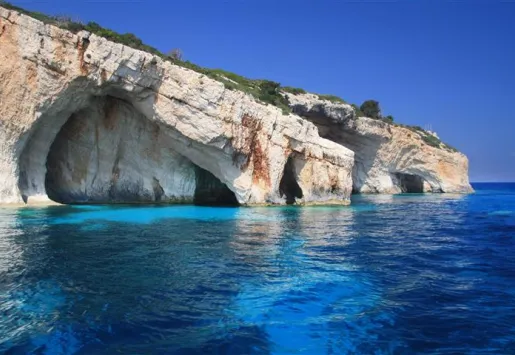
The forecast for the development of the Greek tourism coming from the Association of Greek Tourism Enterprises (SETE) is "positive" despite the current political changes and new parliamentary election.
The association’s president, Andraes Andreadis, noted in a statement that "the unfavorable international publicity about Greece has largely been the result of the coverage in the foreign media."
"With the improvement in the quality of our products and services and the competitiveness of our prices, fueled by the devaluation of the euro and the fall in oil prices, we are confident that we can reach or even exceed, our targets for this year," added the president of the Greek association.
Mr. Andreadis also emphasized that "despite the 10% decline in Russian tourist arrivals in 2014, the number of international tourists stood at 21.5 million, representing a 20% increase over 2013, and the arrival of 2.5 million cruise tourists needs to be added to this figure."
SETE expects Greece to be among the top 15 tourist destinations listed by the United Nations World Tourism Organization (UNWTO). The tourism sector brought in 14 billion euros in direct revenue to Greece in 2014 and with air and sea transport as well as local tourism, this figure accounts to 17.1 billion euros.
According to provisional data, the tourism sector’s total direct and indirect contribution to the real economy is between 20.5% and 24.7% of GDP, which is the equivalent of between 37.6 and 45.3 billion euros.
Europe is calling for calm. In Tokyo, Eurogroup president Jeroen Dijsselbloem insisted that the Eurozone will remain "intact" regardless of the outcome of the January 25 elections in Greece, and that the nineteen members of the group are prepared to work with "whoever wins."
However, the withdrawal of the Greek economy from the Eurozone could also benefit the country’s tourism. A devaluation of its currency (drachma) would bring about an increase in tourism from the Eurozone source market, as there would be a significant devaluation of the new currency with the currency switch.
Being a cheaper country could lead to an increase in the number of tourists who, for economic reasons, would choose Greece as a tourist destination, thereby hurting Mediterranean arc countries like Spain.















